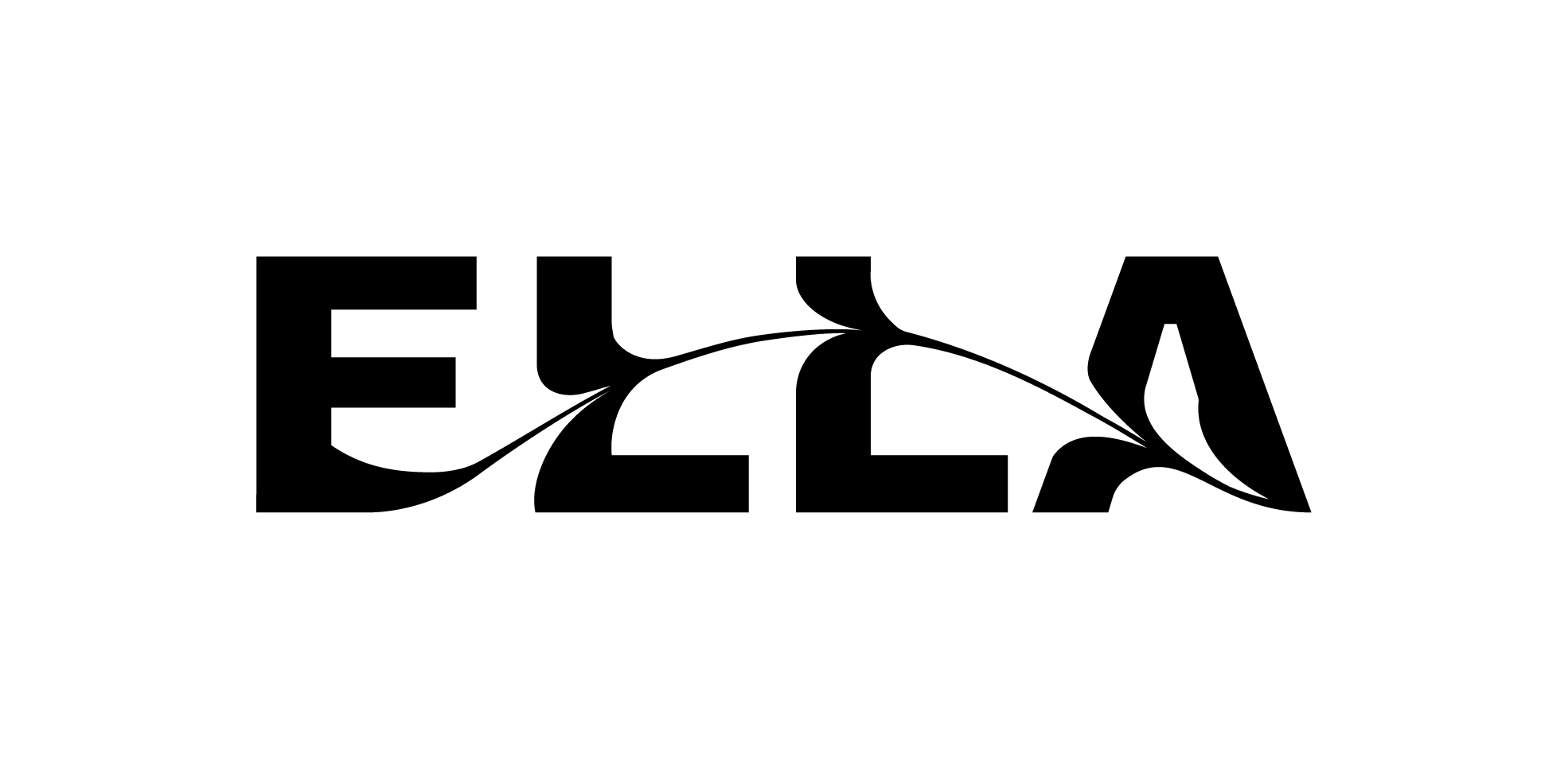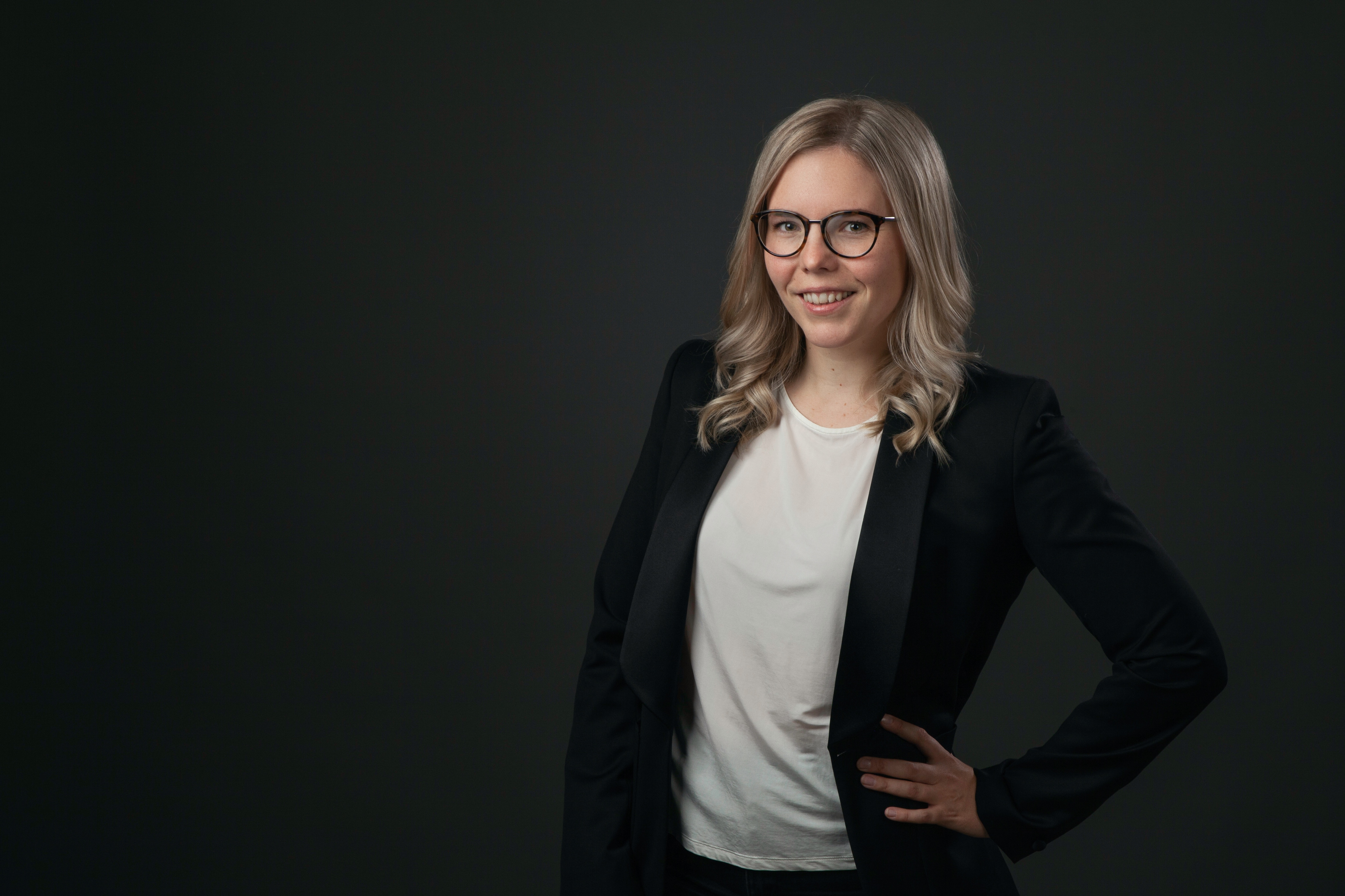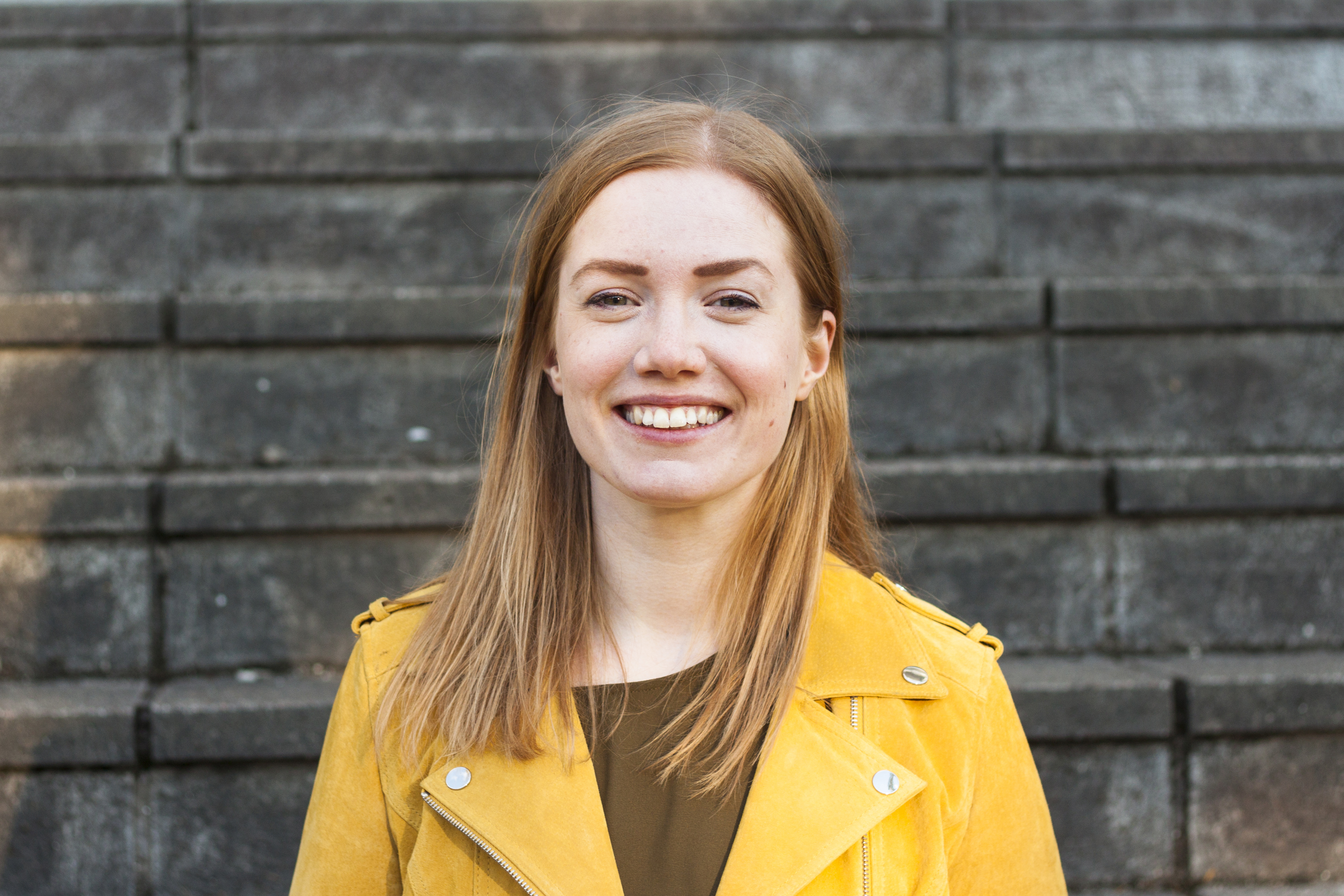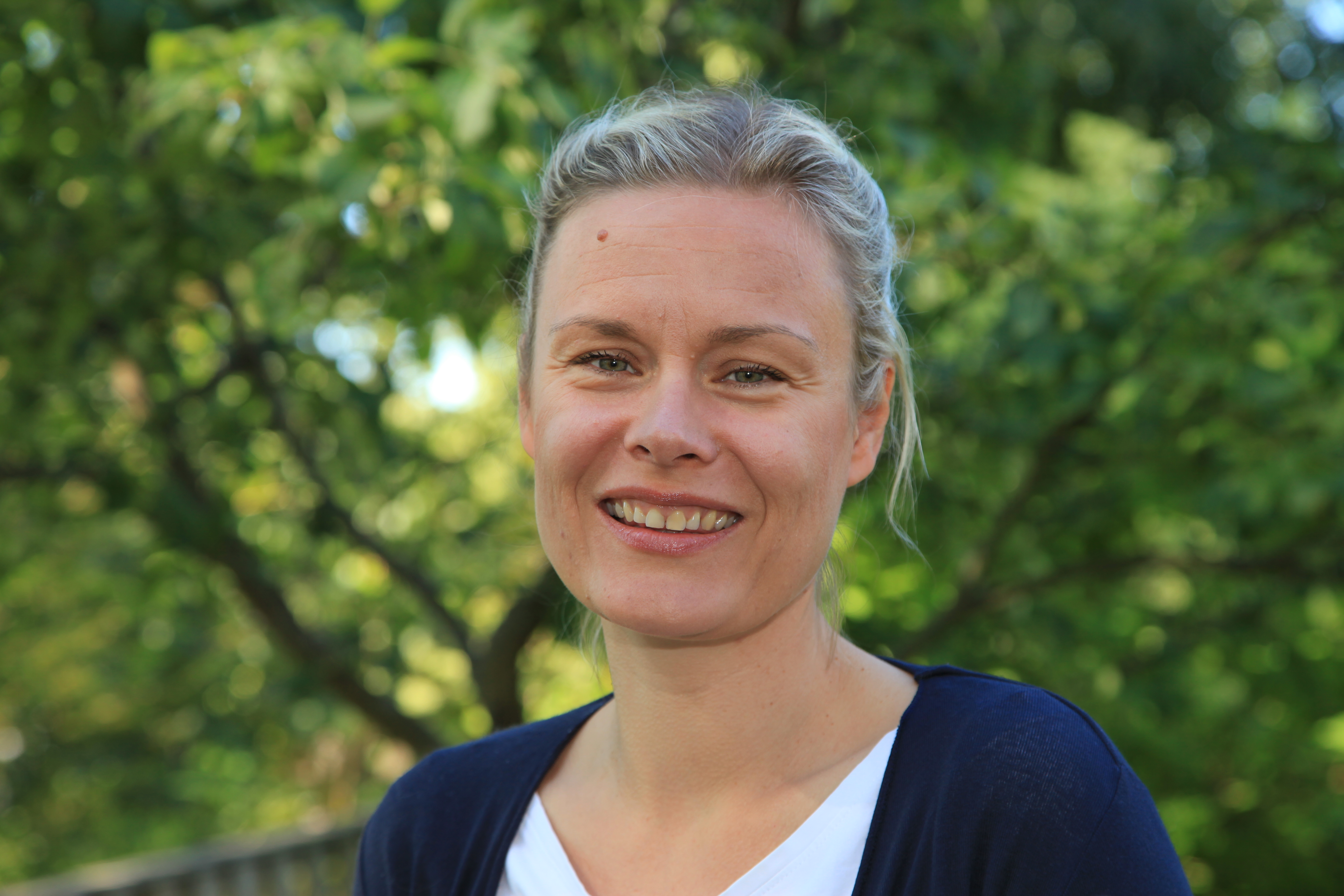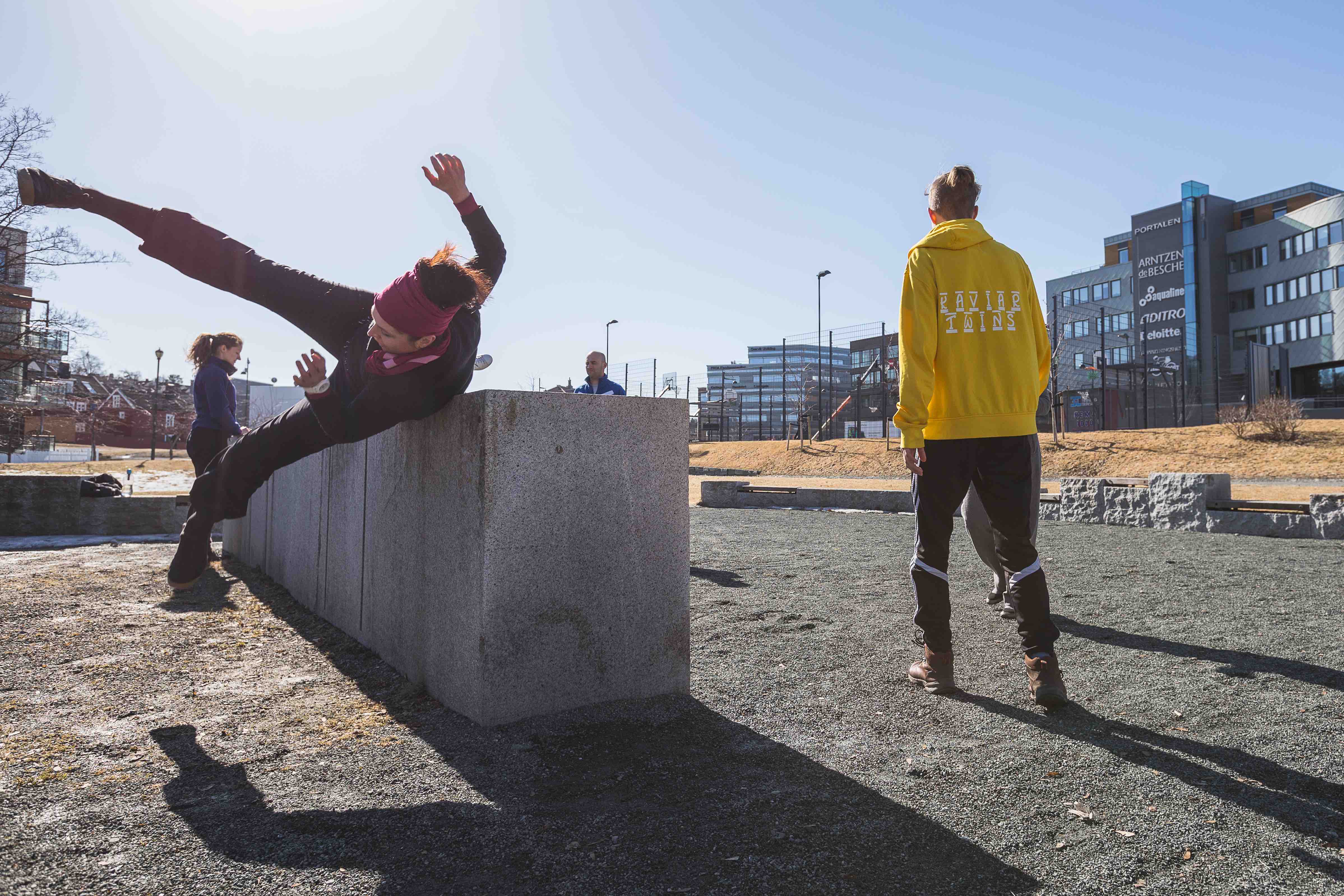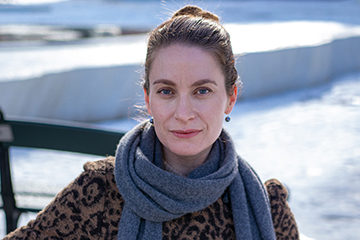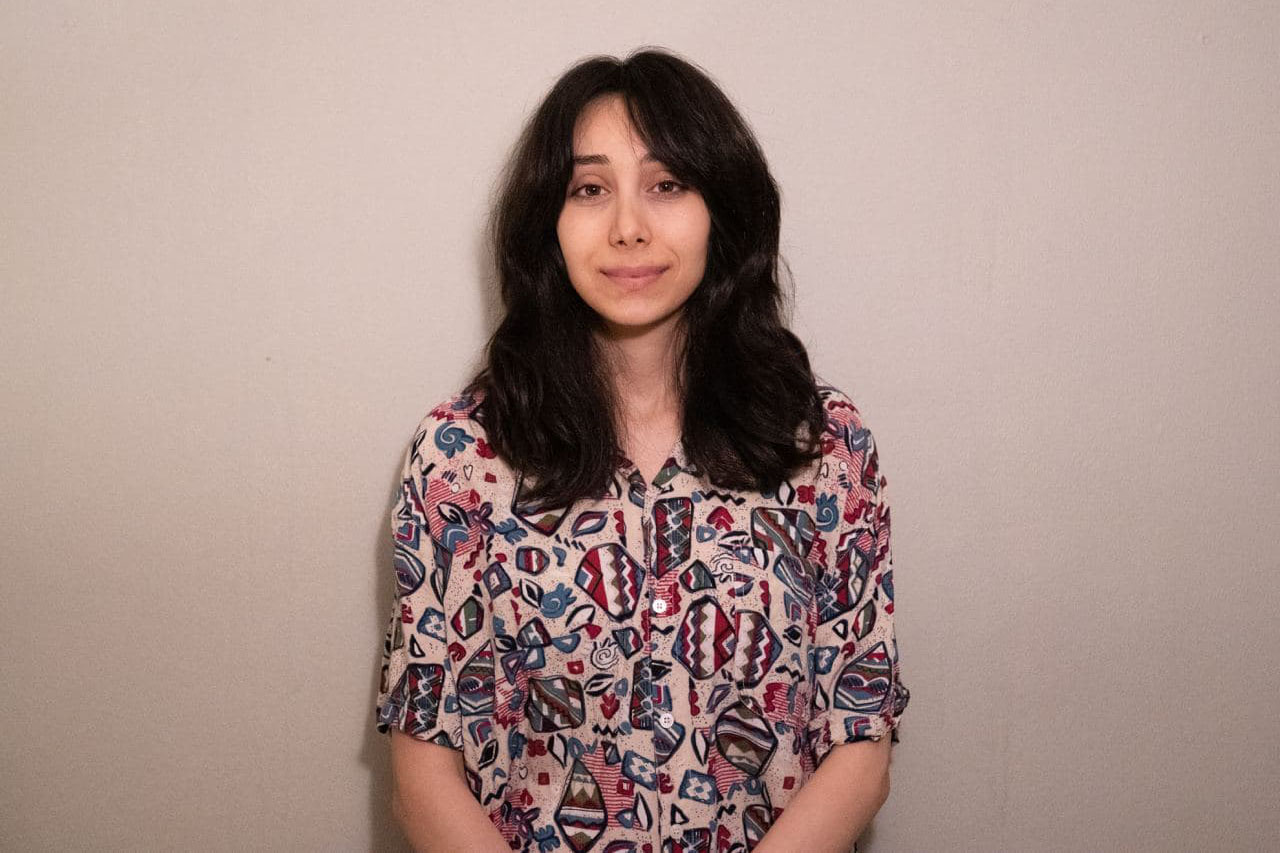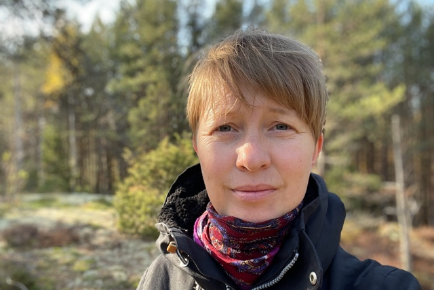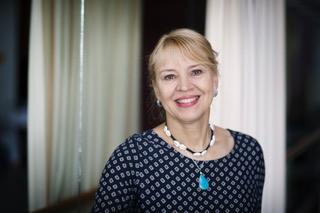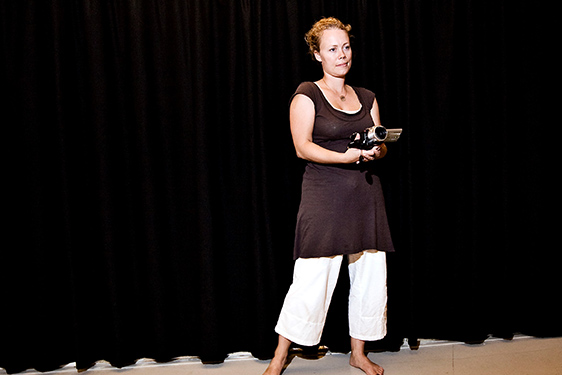About us - ELLA research project
About us
Team
Early ELLA
Early Embodied Language Learning through the Arts focuses on developing and investigating embodied approaches to early language education through dance integration. The subproject seeks change by developing practical and theoretical knowledge in iterative, collaborative, arts-based, and practice-near processes. More specifically, the subproject investigates how dance can promote children`s early language and literacy development (grades K–2) and how arts can produce change in how language and literacy education is understood and practiced. In doing so, the subproject seeks a conceptual and theoretical understanding of early embodied language learning through the arts. As such, the research explores early language and literacy as embodied, relational, and affective experiences in both theory and practice and how these are affected when integrating dance. With the intention to change educational practices, the subproject results in pedagogical tools that teachers can use in their teaching as well as a theoretical understanding of embodied language learning through the arts in preschool and primary education. Taken together, the subproject generates knowledge that can contribute to children`s early language learning holistically across languages.
Culturally diverse ELLA
Embodied Language Learning through the Arts within Culturally Diverse Groups connects and continues previous and ongoing research within, for example, the ArtsEqual research initiative, the TALK project, and research within Social Circus, as well as a doctoral project that focuses on how embodied learning can be intertwined with language learning in a multicultural choir context. The focus is on how embodied interaction through dance, music, and social circus may generate an intersubjective space where verbal language is not always needed for mutual understanding and dialogue, and how language learning may happen alongside embodied interaction in artistic processes. A translanguaging approach to pedagogy that is committed to the idea of making pedagogical opportunities equal for everyone (Garcia, 2009) will be explored within this subproject. Translanguaging will be explored both as artistic-pedagogical practice and as methodological experimentation where all participants will generate data, using their own languages in multilingual interaction. The empirical phase will be organized in different institutions around Finland, for example in preparatory classes in public schools. Research is conducted within multiprofessional teams.
Multiprofessional ELLA
Embodied Language Learning through the Arts as Multiprofessional Collaboration integrates embodied language learning through the arts in teacher education, including language, physical education, and dance teacher education, to promote multiprofessional collaboration among researchers, teachers, teacher educators, and artists. It draws on previous research conducted by the project researchers, and approaches developed in the other subprojects in this project. Participatory approaches are used to explore how multiprofessional collaboration can add multiple disciplinary perspectives to embodied language learning through the arts, and thus, foster diverse learning opportunities. First, embodied and arts-based language pedagogies are introduced in language teacher education. Teacher students explore these in practice when teaching pupils in language education, and evaluate the approaches with researchers, artists and teacher educators. The intention is to create space for and investigate teacher students` exploration of embodied language learning in collaboration with professional artists to further develop multiprofessional collaboration in language education. Second, the role of dance and movement in fostering embodied language learning are examined in physical education teacher training. Continuing the research done within the ArtsEqual project, the intention is to further develop approaches where field experiences aim towards transformative learning, expand this research to dance teacher training, and develop pedagogical tools for embodied language learning for physical education and dance. The aim is to encourage Finnish physical educators and dance teachers to become “frontline agents of integration” and in so doing, support children and young people with an immigrant background in the process of becoming active members of their new home country.
